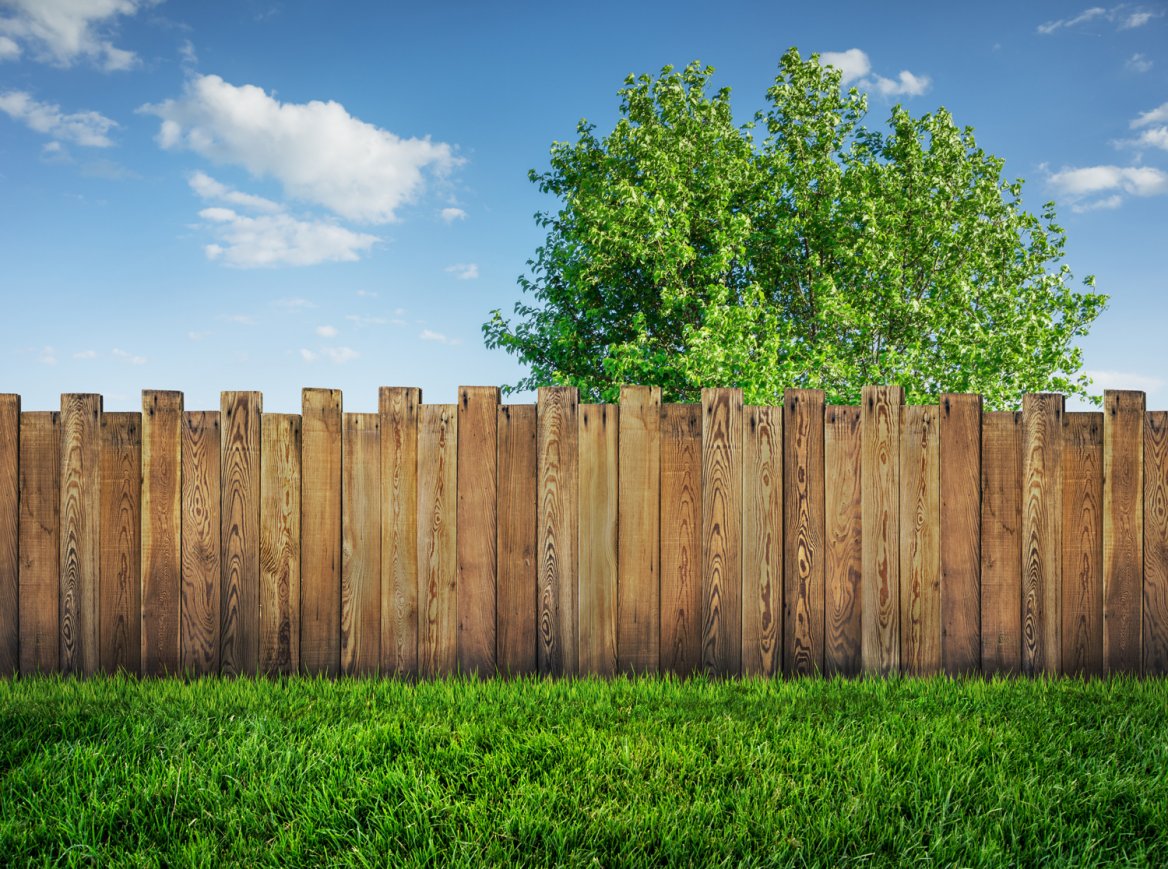
Trees lead to common disagreements between neighbors
With spring upon us, the growing season is about to begin. As many of us are starting to do (or at least think about) seasonal yard work, the topic of trees rises to the legal forefront.
Whether you're frustrated with a neighbor's branches in your yard, worried about your tree's overreach, or wondering who's responsible for trees on the property line, the fact is trees lead to common disagreements between neighbors. What tree legalities should you know about? Getting to the root of these tree-related issues can leave one stumped at times, unable to see the legal forest for the trees. Luckily, we've trimmed and pruned this proverbial hedge just so you can have a clearer view of the law.
Know your rights and responsibilities related to trees
Let's take a closer look at some of the common issues related to trees in and around your property.
When a tree goes over the line
Trees can grow exactly where and how they want to, with total disregard for the law. So what happens when a tree comes near or grows over a property line? Branches that hang into someone's property from a tree on the other side of the line can be problematic. Neighbors may trim tree branches from a neighboring tree that grows over the property line, but legally they may face repercussions if they trim beyond their property line or damage the tree. In some cases, they can be responsible for three times the replacement cost of the tree.
Forbidden fruit
An individual is generally not allowed to pick fruit from a neighbor's tree (without permission from said neighbor), even if it grows on to their property. So no matter how delicious that fruit may look, consider those juicy apples on your neighbor's trees forbidden fruit.
When the bough breaks
It may sound lovely in a lullaby, but when a bough breaks in real life, it can be anything but — not to mention when a whole tree falls. When a limb or tree causes damage to a neighbor's property, you may be held liable if it's found that you didn't maintain the tree properly. Your homeowner's insurance may or may not cover incidents like these. The important lesson here is that it's your responsibility to take care of the trees on your property so that unfortunate accidents like these simply don't occur. Likewise, if you have an invasive species on your property that damages your neighbor's, you may be held liable for the expense of removing it from their land.
A room with a view
Often properties are purchased specifically for the views afforded to them. So when a neighbor's tree blocks the beauty, it can cause friction. Some places with epic views may have ordinances in place to protect them — meaning property owners may be required to trim or remove trees that stand in the way. Sometimes neighbors simply don't want to comply, and in that case, you may need to file a formal complaint. Keep in mind, some trees may be grandfathered in, historic trees or certain species may be protected, trees on city property may be exempt, and those which are too far from your property line may also be exempt from the ordinance.
Property Law: when tree disputes require further action
Sometimes, despite your best efforts to know and understand the law related to trees, disputes occur and disagreements get messy. When you have questions about property law or want to pursue legal action, it's important to work with a trusted and experienced property law attorney. Contact us to learn more about how we can help you protect your property rights so you can lawfully and safely enjoy your outdoor spaces.
